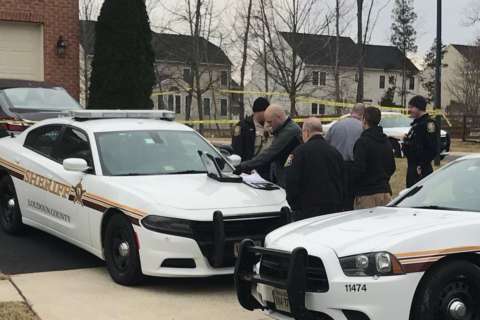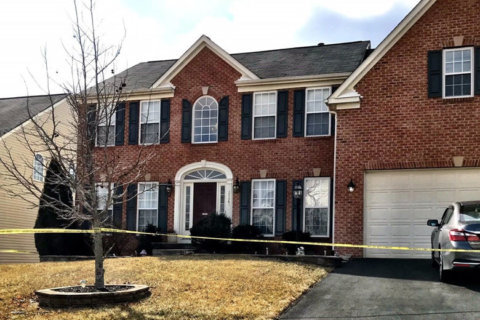The lawyer for a man charged with the 2018 armed murders of an Aldie, Virginia, woman and her adult son said detectives from the Loudoun County Sheriff’s Office violated his client’s constitutional rights by continuing to question him after he asked for his lawyer close to a dozen times.
Brian Kuang-Ming Welsh, 38, was indicted in October 2019 on two counts of first-degree murder and two counts of use of a gun in the commission of a felony in the deaths of Mala Manwani, 65, and her son, Rishi Manwani, 32. They were found dead in early 2018.
In a motion to suppress, Welsh’s defense attorney, Thomas Walsh, said that after his client was indicted and arrested Oct. 24, 2019, four detectives with the sheriff’s office interrogated Welsh, despite his client asking at least 11 times to have his lawyer present.
According to Walsh, his client said: “I have nothing to say. Let’s get my lawyer, and you can talk to my lawyer,” and, “If you want to keep going with this … bring my lawyer in. I’m not a lawyer. Let’s talk to Tom.”
“[The detectives] simply disregarded Mr. Welsh’s constitutional rights and proceeded to interrogate him. They blatantly disregarded Mr. Welsh’s constitutional rights in an attempt to illicit false confession, which could lead to tainted evidence and must be suppressed,” Walsh wrote.
Responding to questions from WTOP, Welsh’s attorney said his client made no incriminating statements during the interviews.
In addition, Walsh is asking James Fisher, the Loudoun County Circuit Court Judge, to prohibit prosecutors from telling jurors that witnesses in the case had submitted to polygraph exams.
According to Walsh, evidence from a polygraph is not admissible to establish the guilt or innocence of an accused, or to impeach a the credibility of a witness.
However, mentioning that a lie-detector test was given “suggests there is a scientific way to find the truth, where in reality, in our system of justice, the jury decides what is true and what is not,” said Walsh, citing earlier Virginia appeals court rulings.
Walsh asked the judge to prohibit prosecutors from telling jurors a polygraph was given or any alleged results. Prosecutors have not previously revealed the results of polygraph tests in this case.
A third defense motion requests prosecutors provide the names and statements made by any jailhouse informants, who will be testifying for the state, and any deals they may have cut with the government.
“There is no question that informant testimony has long been called into question based on lack of accuracy and reliability,” wrote Walsh. “It is by now universally recognized that jailhouse informants have a significant incentive to offer perjured testimony to curry favor with prosecutors.”
Loudoun County prosecutors have not revealed whether testimony from people who were incarcerated with Welsh at the Loudoun County Adult Detention Center or in the Department of Corrections will testify for the state.
The Manwanis were found dead with multiple gunshot wounds on Jan. 3, 2018, in their house in the 25000 block of Tomey Court. Welsh was initially arrested in March 2018.
However, on Aug. 23, 2018, prosecutors dropped the charges after forensic testing showed bullets recovered from the victims’ bodies didn’t match the barrel of Welsh’s handgun. Investigators believed Welsh’s family members modified his handgun after the Manwanis were killed.
He was indicted more than a year later, but prosecutors have not explained in court filings whether new evidence or testimony explains why the bullets didn’t match.
Welsh remains in custody and is next due in court June 25 for a motions hearing.








